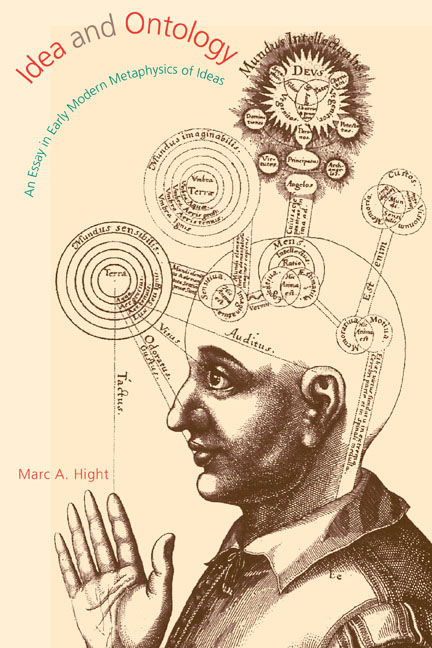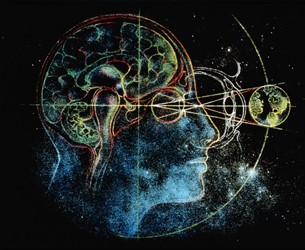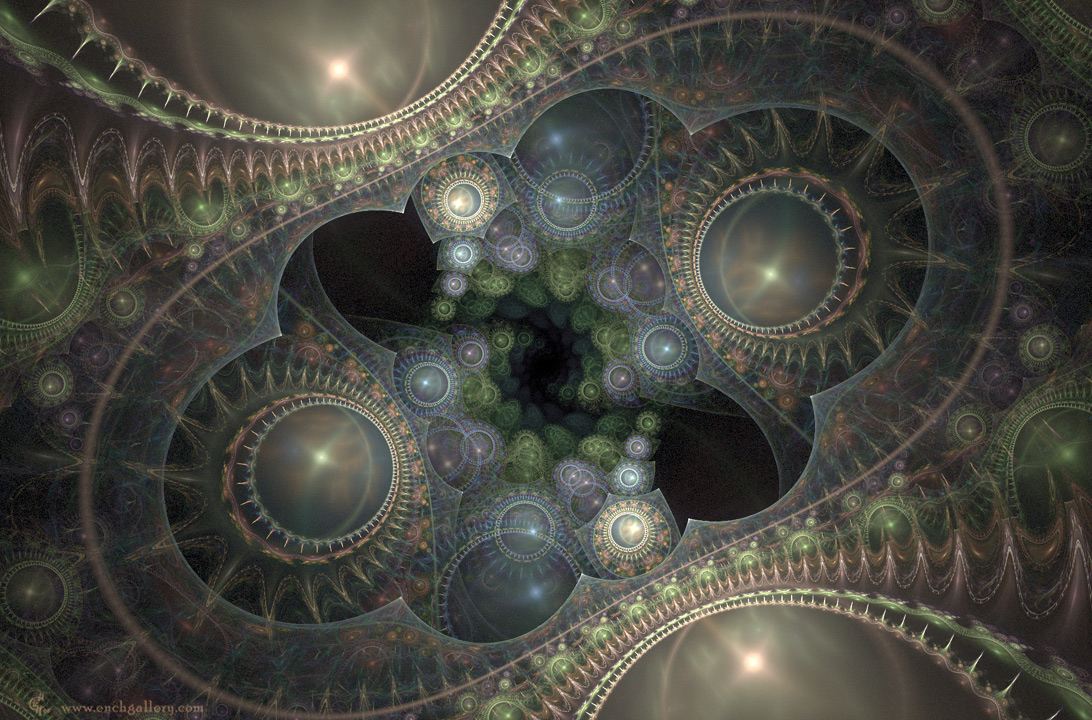For many years I’ve asked, what will it take to change the disastrous course of humankind? Clearly an explosion of insight is required. Just as clearly, no single group of people, much less one person, can bring about such a psychological revolution alone.
 Just what does ‘explosion of insight’ mean, and how might it occur? To understand what I’m driving at it’s necessary to flesh out some basic ontological premises.
Just what does ‘explosion of insight’ mean, and how might it occur? To understand what I’m driving at it’s necessary to flesh out some basic ontological premises.
Ontology has to do with the nature of being, and how we see the relationship between the human being and nature and the universe. In the West, we are still influenced (if only reactively) by the central idea of Christianity, which is that man was made in the image of God.
It was assumed that just as the universe supposedly went from chaos to order, man imposes order on the ruthless wilderness of nature. We realize now that this is completely backwards—the universe and nature operate with seamless, bottomless order, and man is the maker of disorder. If man was made in the image of God, it’s one miserable, destructive god.
How could a creature that evolved in the interpenetrating orders of nature be generating so much disorder on the planet that gave rise to him and her? That’s a tremendous mystery that few philosophers have even bothered to ask, but it was the central focus of my youth.
It took me 15 years but I finally had a new insight or two. Essentially, I saw that the evolution of symbolic thought tends to generate increasing levels of fragmentation and disorder until it is resolved through insight, or extinction.
Humans evolved the enormously powerful capability of consciously separating, storing and recombining ‘things’ from nature. This ‘adaptive strategy’ is the basis of all knowledge and technology.
The problem is that that we, like our ancestors to a lesser degree, took separation to be actuality, and viewed nature as composed of discrete things, when that merely reflects and projects the way our minds work. Human alienation from nature, group identification and war, and the increasing fragmentation of the earth as well as gross disparities of wealth, all have their roots in so-called higher thought, which is based on the human mind’s ability to separate.
Now we’re replicating even thought’s higher functions in computers, and that will either free or enslave the human mind. So on both the individual and species level, the question is, can thought function when it is necessary, and when it is not necessary fall silent? That requires tremendous insight.
The ground of insight is stillness and emptiness; therefore it is unknowable by thought, unapproachable by knowledge. Insight can and does advance knowledge, but we’re not talking about knowledge, but of understanding. The opening of the mind and heart to understanding is essential to our survival as a species.
When thought, which is the movement of memory, knowledge, experience and time, is deeply quiet, the order of nature is within us. That is the wellspring of a psychological revolution, from which human beings will create an imperfect order in the world, beginning with our relationship to nature. In short, we will cease fragmenting the earth and ourselves all to hell.
But the question remains, how is this explosion of insight to come about? On the individual level, we have to devote time to being alone. Not isolated or self-concerned, but alone in the sense of ‘all one.’ Because when we are truly alone we are part of everything and everyone, since we are the result of billions of years of evolution as well has thousands of years of human civilization.
Even so, a few realized or realizing individuals are not enough. We have to be able to question and ignite insight with others who also regularly quiet the mind and awaken insight within themselves.
Change is not what happens to us, resisted or embraced, but what happens within us when we are learning non-accumulatively. Outward change isn’t actually change at all; true change is a process of continuous learning and growth.
Learning without the accumulation of experience is true learning. To learn in this way we have to see things as they are within us in the present—what we’re actually feeling, thinking and doing, not what we think or interpret or believe. It’s only possible to see without prejudice and preconception by being aware of our prejudices and preconceptions without judgment.
Most people are ruled by thought—images, words, ideas, beliefs, memories and associations. To grow we have to be aware of these things, and not be ruled by them, and instead be grounded in the ever-shifting actuality of what is.
This is one’s foundation, and from it we can then question and ignite insight with others. That means following the thread of a shared question until it generates shared insight. It’s a very scientific approach, with one big difference—the intent is not to increase knowledge but ignite insight.
As the crisis of human consciousness intensifies, I feel there is no more important social action than people questioning and igniting insight together, just as there is no more important solitary action than ending thought/time alone.
Martin LeFevre

